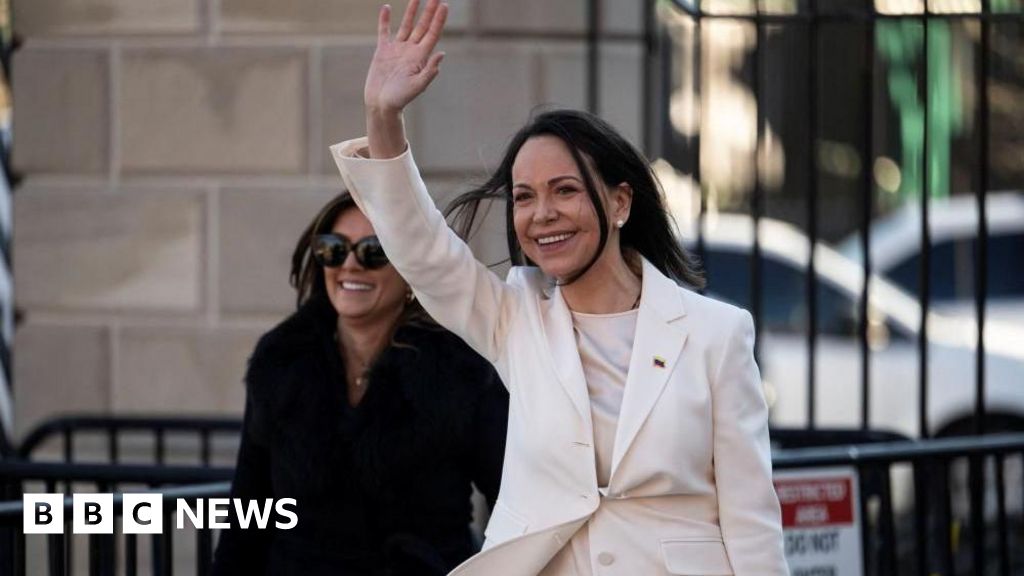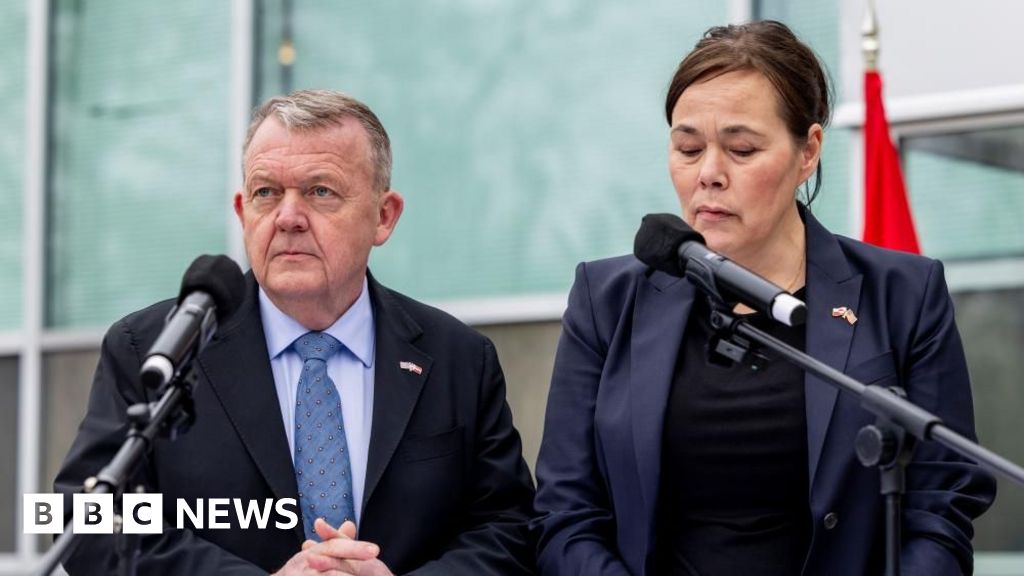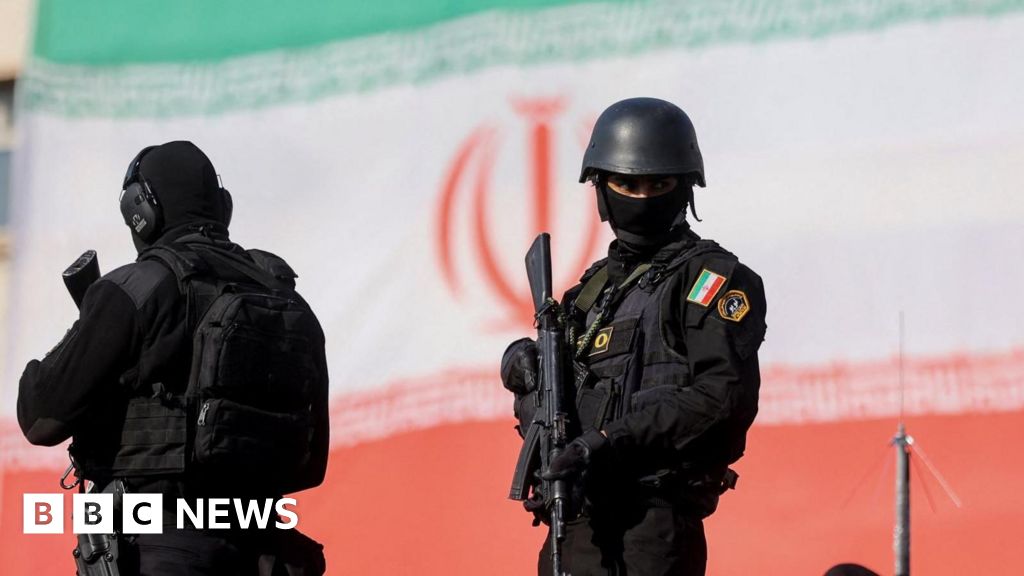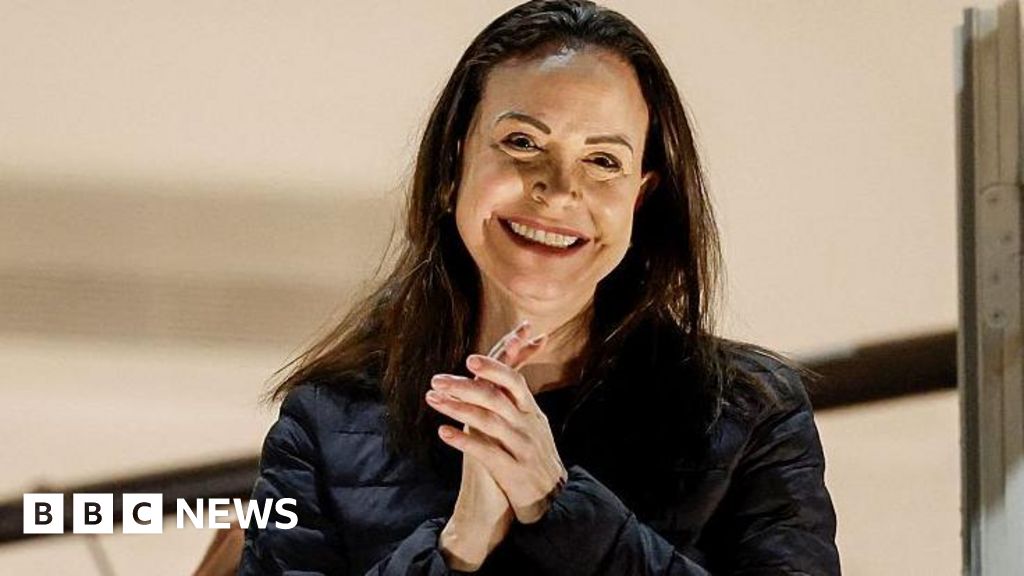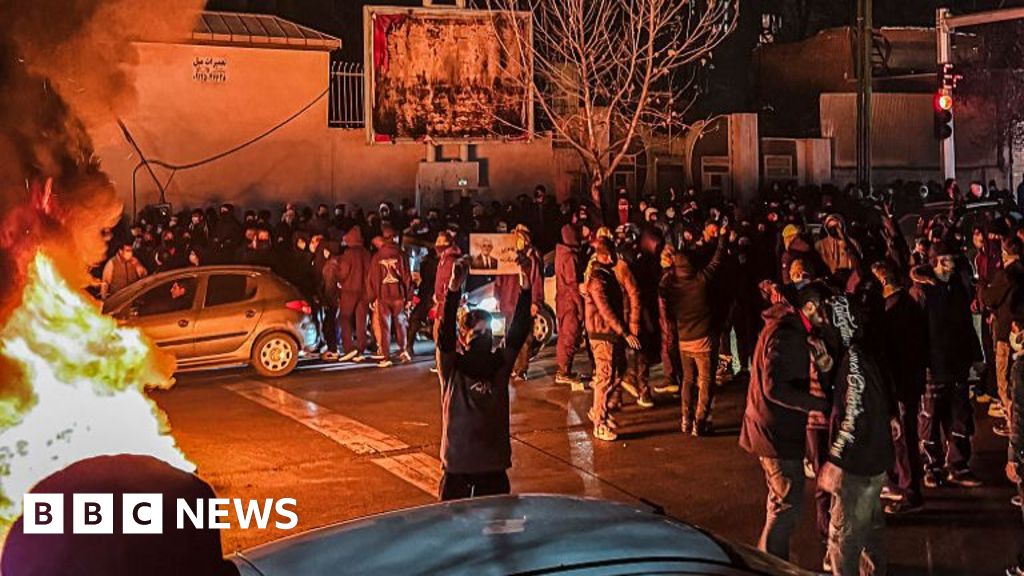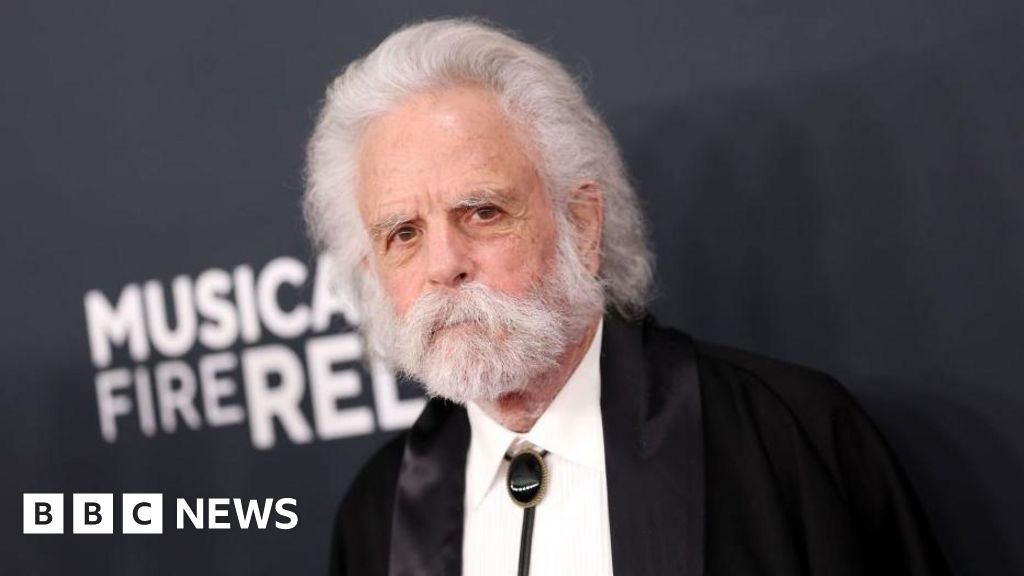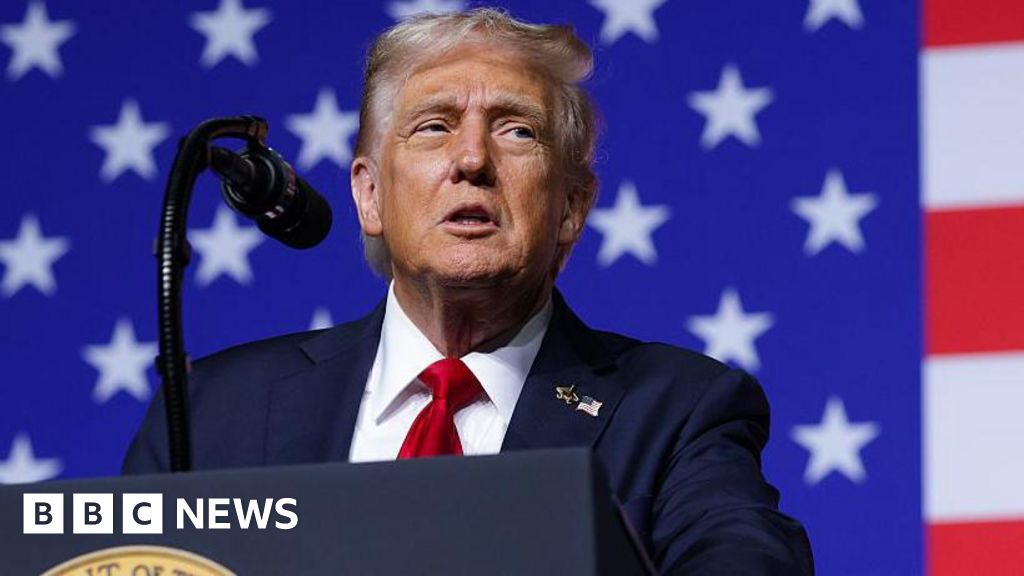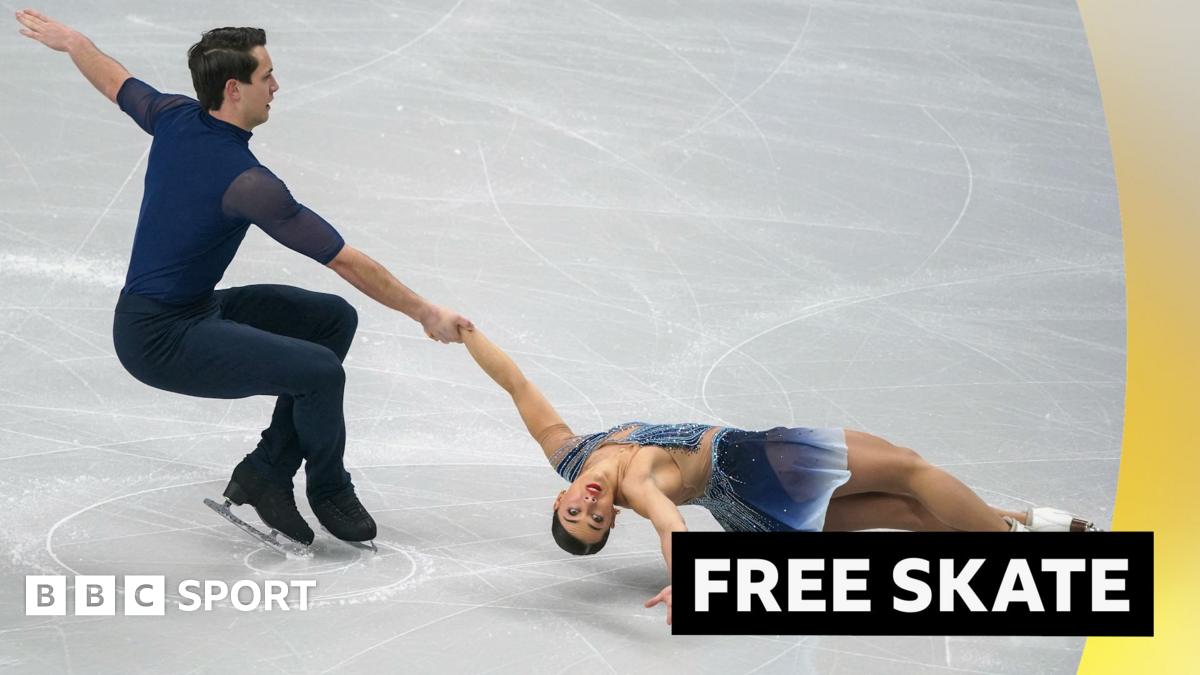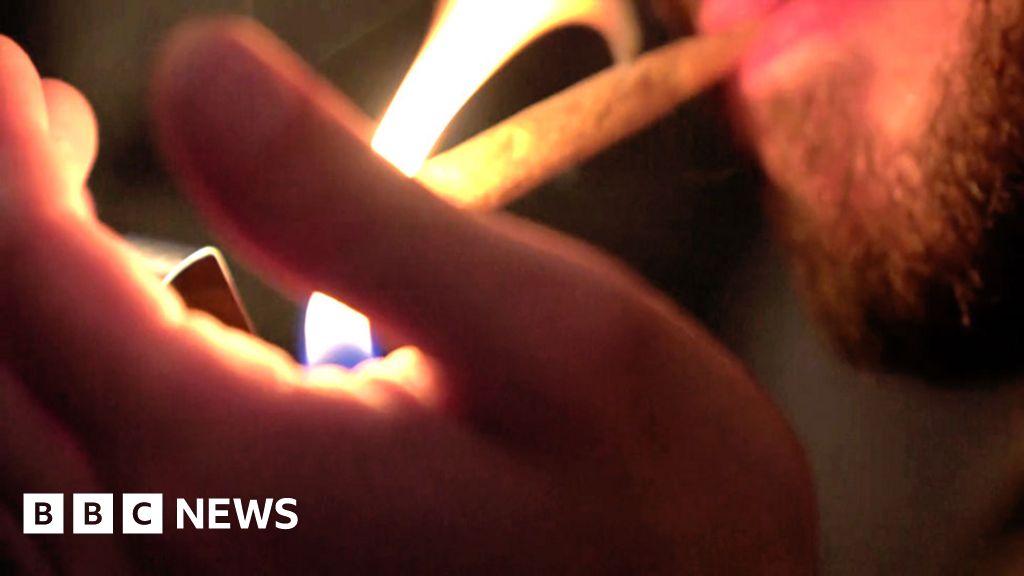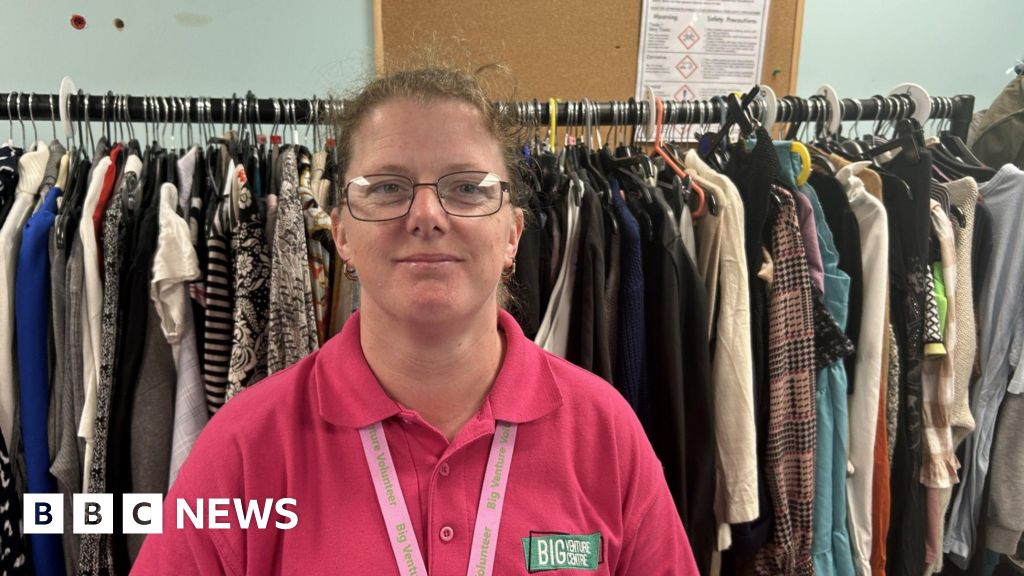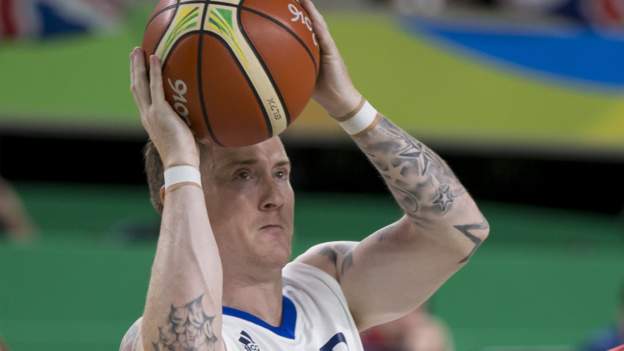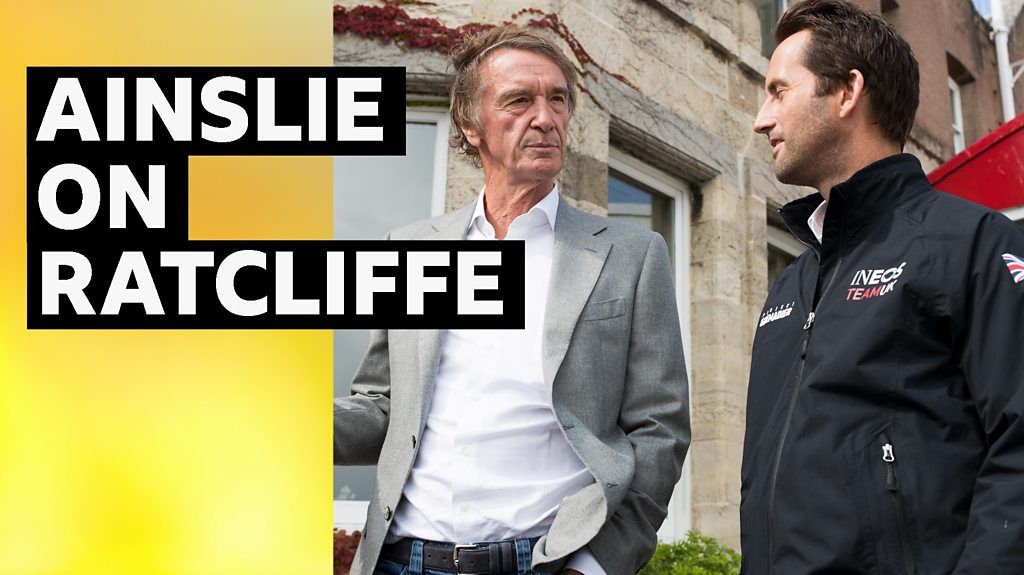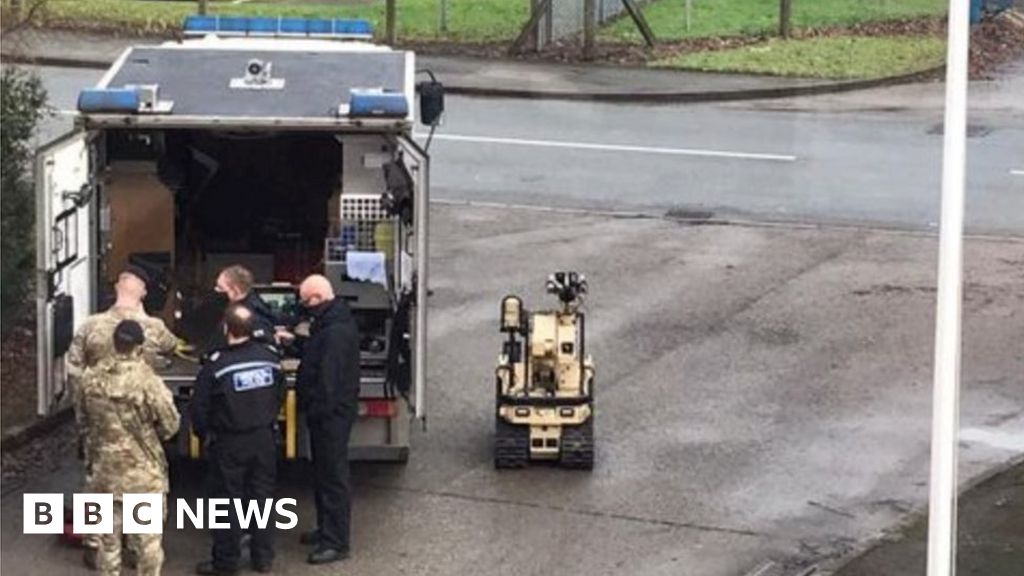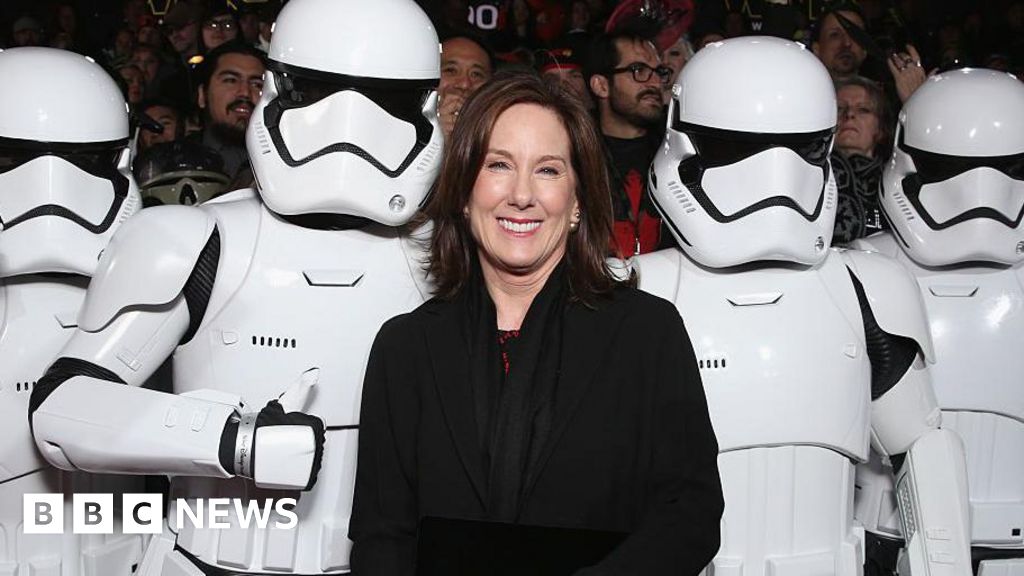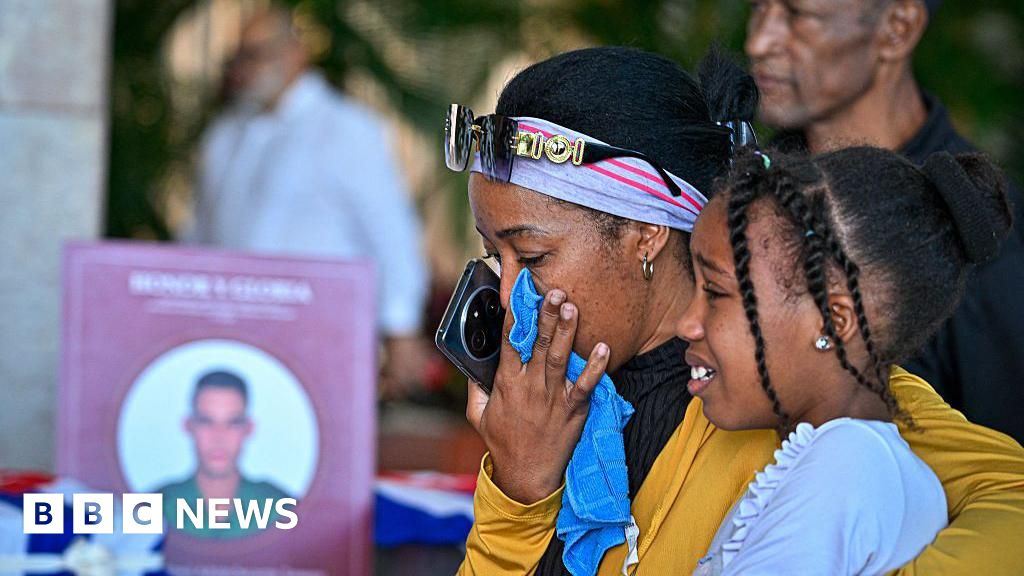Maggie Alphonsi is done with being grateful.
That’s not to say the former Saracens and England flanker is unappreciative of what she’s achieved in rugby union.
Her CV includes seven consecutive Six Nations titles and a 2014 World Cup winner’s medal. Few players have done more to change the public’s perception of the women’s game.
But she is now ready to recognise her worth in a sport she’s done so much to shape.
“My journey as a female rugby player, you always felt like you were being treated as a second-class citizen, but you were also really grateful, which is a weird contradiction,” she explains.
“I look back now and I’m really angry at myself – for being so: ‘I’m just grateful to be here, I’m just grateful to play for my country, I’m just grateful to be an ambassador for a big tournament.’
“You need somebody from the outside to look in and go: ‘That is not OK, that is not acceptable.’
“And now I’m on the outside, I like to think I’m the one doing that.”
‘Rugby wasn’t seen to be for that kind of person’
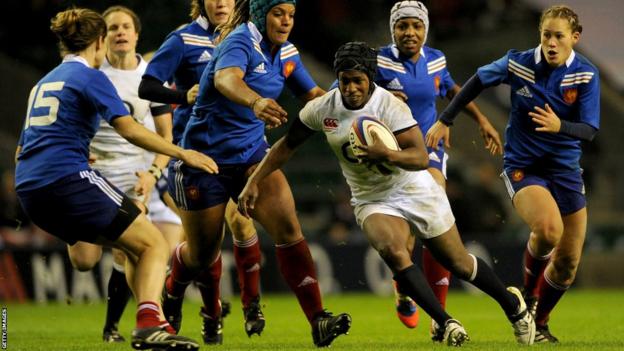
The notion of an individual willing to battle for herself and others looms large in Alphonsi’s story.
There’s a nod to it in the title of her new autobiography – Winning The Fight – which opens with a brawl between a young Maggie and a teenage boy who, like Alphonsi, grew up on the estates of north London.
It wasn’t the first time Alphonsi had let her fists fly, and with expulsion from school a real possibility, something had to change.
That came in the form of rugby union, introduced to her by Liza Burgess – who, in addition to being a PE teacher at Alphonsi’s school, played for Saracens and Wales.
“Football was the main thing where I grew up,” Alphonsi remembers.
“Rugby union was not a sport that was perceived to be played by people like me.
“I grew up on a council estate, I’m from a single-parent family, I’m a person of colour, and a woman… it just wasn’t seen to be for that kind of person.
“But I absolutely loved it. I had big arms and big legs, and there were times I did get bullied for that at school and for not fitting the stereotype of being petite – but when I went to rugby, I truly fitted in, and it was the best move I ever made.”
‘I look back at what myself and my team did, and I know it was special’
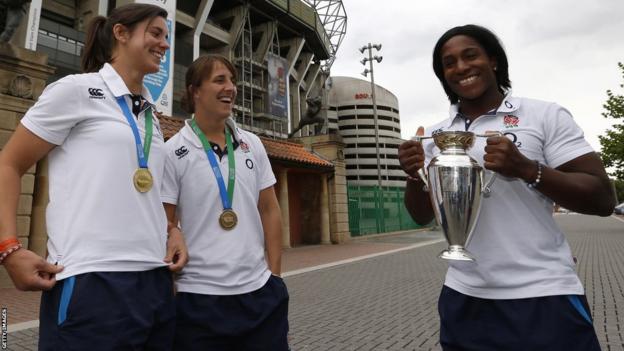
Alphonsi had found her tribe, and her calling.
She earned her first England cap in 2003, then endured a year of injuries and a complete overhaul of her game – in which she moved from the backs to the forwards as a number seven – before establishing herself in the England starting XV.
Yet as a woman in what was still pejoratively seen as a ‘men’s game’, Alphonsi’s successes were always accompanied by a ‘but’.
Yes, there were Six Nations titles, back-to-back runners-up medals at the 2006 and 2010 World Cups and, in Alphonsi’s case, a growing sense of public recognition as an individual – not least when she beat New Zealand captain Richie McCaw to the Pat Marshall Award from the Rugby Union Writers’ Club, becoming the first female player to win it.
But there was also the balancing of international duties with a full-time job – a situation that meant Alphonsi sometimes had to turn down the chance to win England caps – or the time she and a group of other female players found themselves in the same laundrette at a World Cup, washing their own kit together because if they didn’t, no-one else would.
It was only in 2014, where Alphonsi accomplished her dream of winning the World Cup with a 21-9 victory over Canada in her last England match, that she felt the achievements of women’s rugby were finally starting to be recognised.
“It’s amazing how much it still resonates in a lot of people’s minds,” Alphonsi says.
“I won it in my final time wearing that white jersey, and I was so emotional the night before, because I just wanted that one gold.
“I look back at what myself and my team did and I know it was special, not just because of the individuals who were part of it but because of the people who went before to help us get to that point.
“People didn’t even think women played rugby, and then to see our England team had won a World Cup really put us on the map. We changed attitudes and the perception of women’s sport generally.
“We were part of that momentum shift.”
‘She cares about me more than anything, but she couldn’t get past her upbringing’
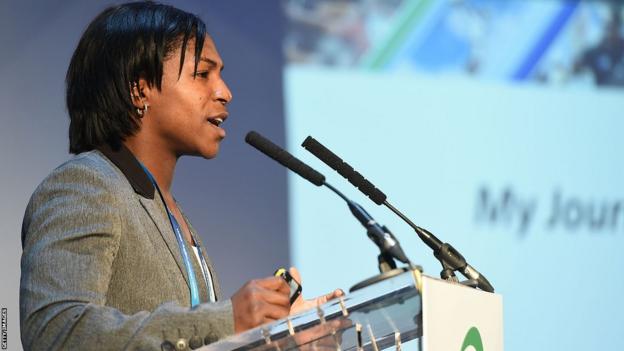
That fight to change perceptions wasn’t just limited to the rugby pitch.
Alphonsi had long known she was gay. Growing up in a religious household, she knew too that her Nigerian mother Rebecca was deeply proud of her. Coming out to her, though, was a struggle.
“I knew she wasn’t going to see it as something she agreed with or accepts,” Alphonsi remembers.
“Many people will probably have been on a very similar journey, and when I finally told her, I felt absolutely relieved. But then, I could see the disappointment in her face.
“It was a really hard time, because we were both coming from a place of ‘we love each other’. She cares about me more than anything, her love for me has nothing to do with my sexuality – but at the same time, I don’t think she could get past what her upbringing had always told her was right or wrong.
“But what I’m so pleased about is we’ve finally reached a point where she gets it, she understands it, she knows my sexuality has nothing to do with who I am in terms of my behaviour and personality. She’s my biggest support, she’s incredibly fond of my wife and loves our two kids.
“You know, my mum went on this massive journey with me, and I’m so glad we went on it together, and I’m so pleased she remains as a part of my support team.”
That support is something that Alphonsi will need – because much like in her playing days, she’s showing no signs of taking things easy.
She’s been vocal about her goal of one day becoming president of the RFU, and is currently part of the ITV Sport team covering the Rugby World Cup in France.
Combine that with her continued desire to grow women’s sport, and it’s clear that Alphonsi has no interest in stepping back in favour of what she admits would be “an easier life”.
“The landscape has changed so much, but you still almost feel like you have to keep banging the drum,” she says.
“It’s hard to stay motivated sometimes – but then I think that if I don’t do it, it’s going to be harder for the person coming behind me and that’s the priority now.
“And behind the scenes, social media tells me how bad I am or how I’m ticking the right boxes – and that’s not just sexism or misogyny, that’s racism as well.
“But I’ve turned it around and use negativity to fuel my fire – because I appreciate that, unfortunately, people are always going to hate you, regardless of who you are and what you do.
“So it’s how you turn that into positive energy: How do I ensure that we’re creating a pathway for many others to exceed what I and others have achieved?”
Maggie Alphonsi was speaking to Jack Murley on the BBC’s LGBT Sport Podcast. You can hear new episodes every Wednesday on BBC Sounds.
